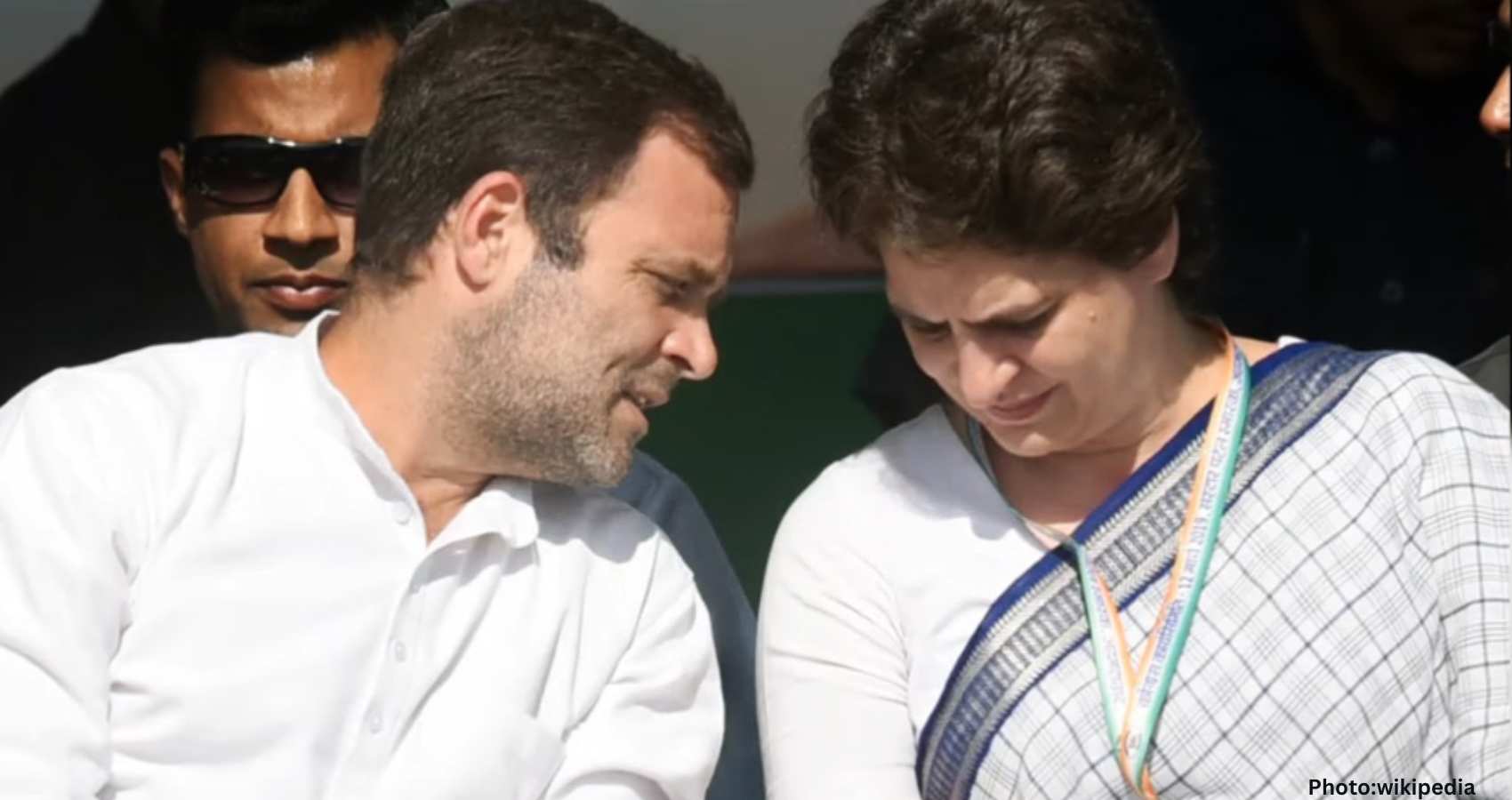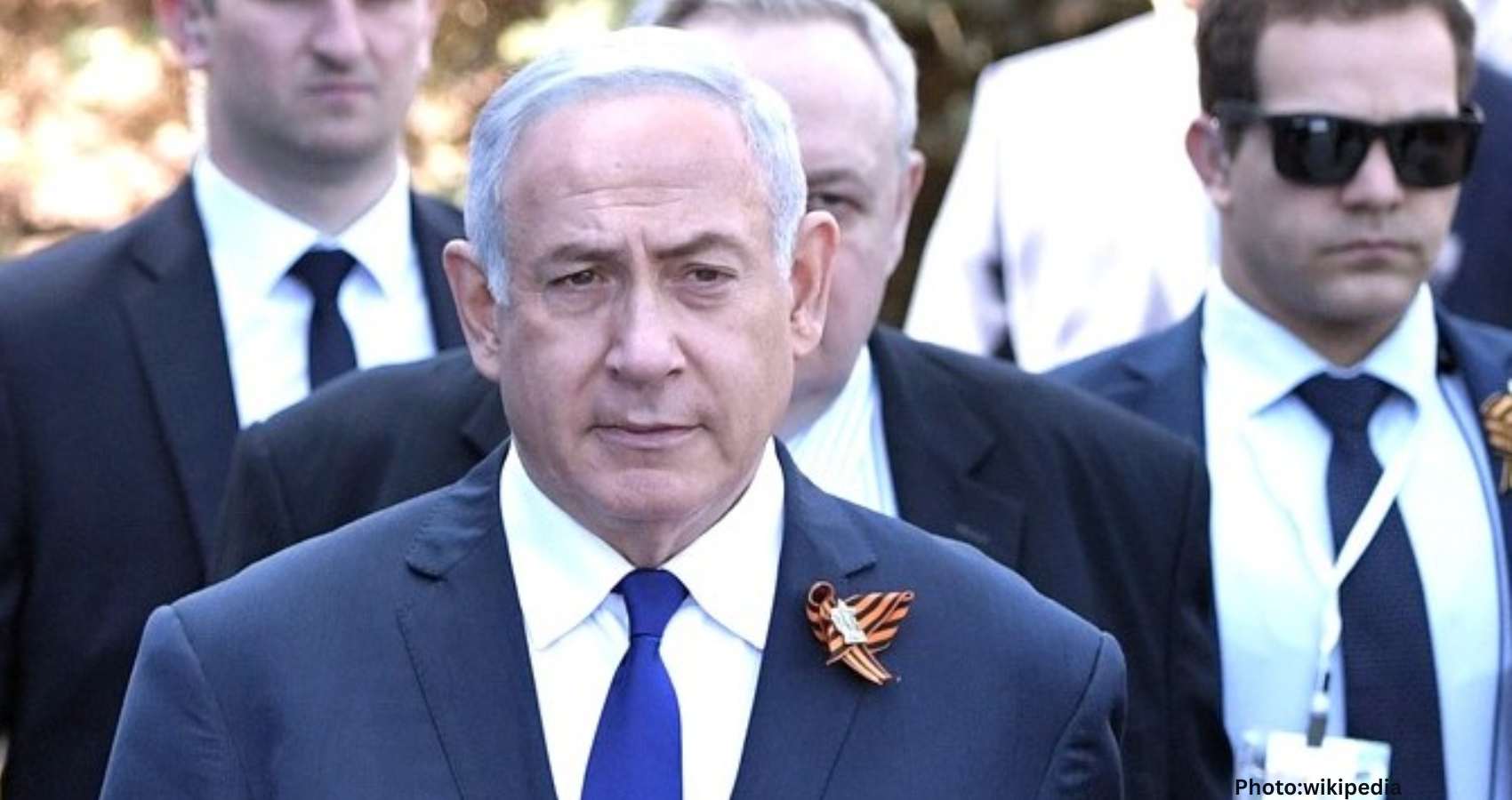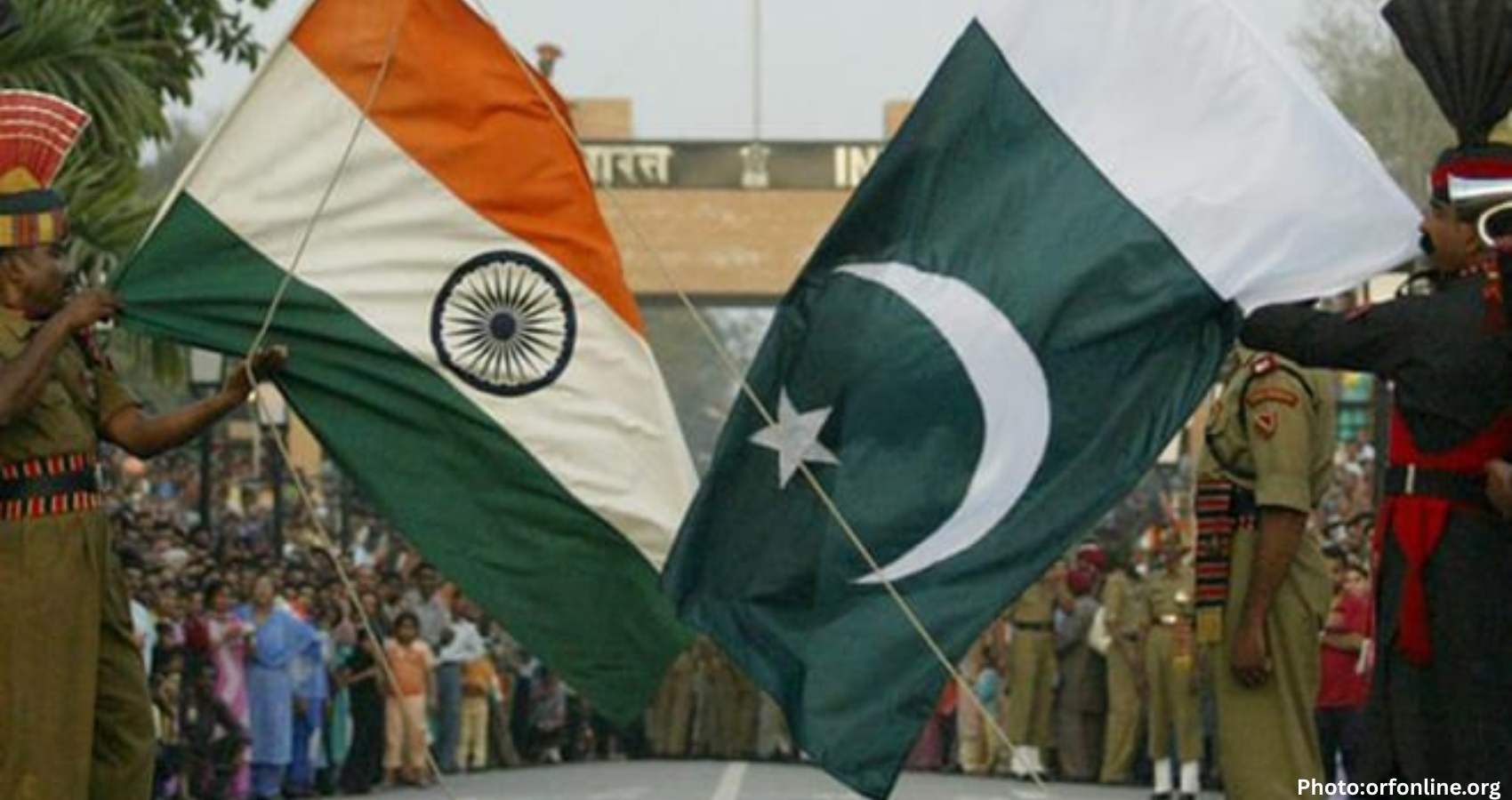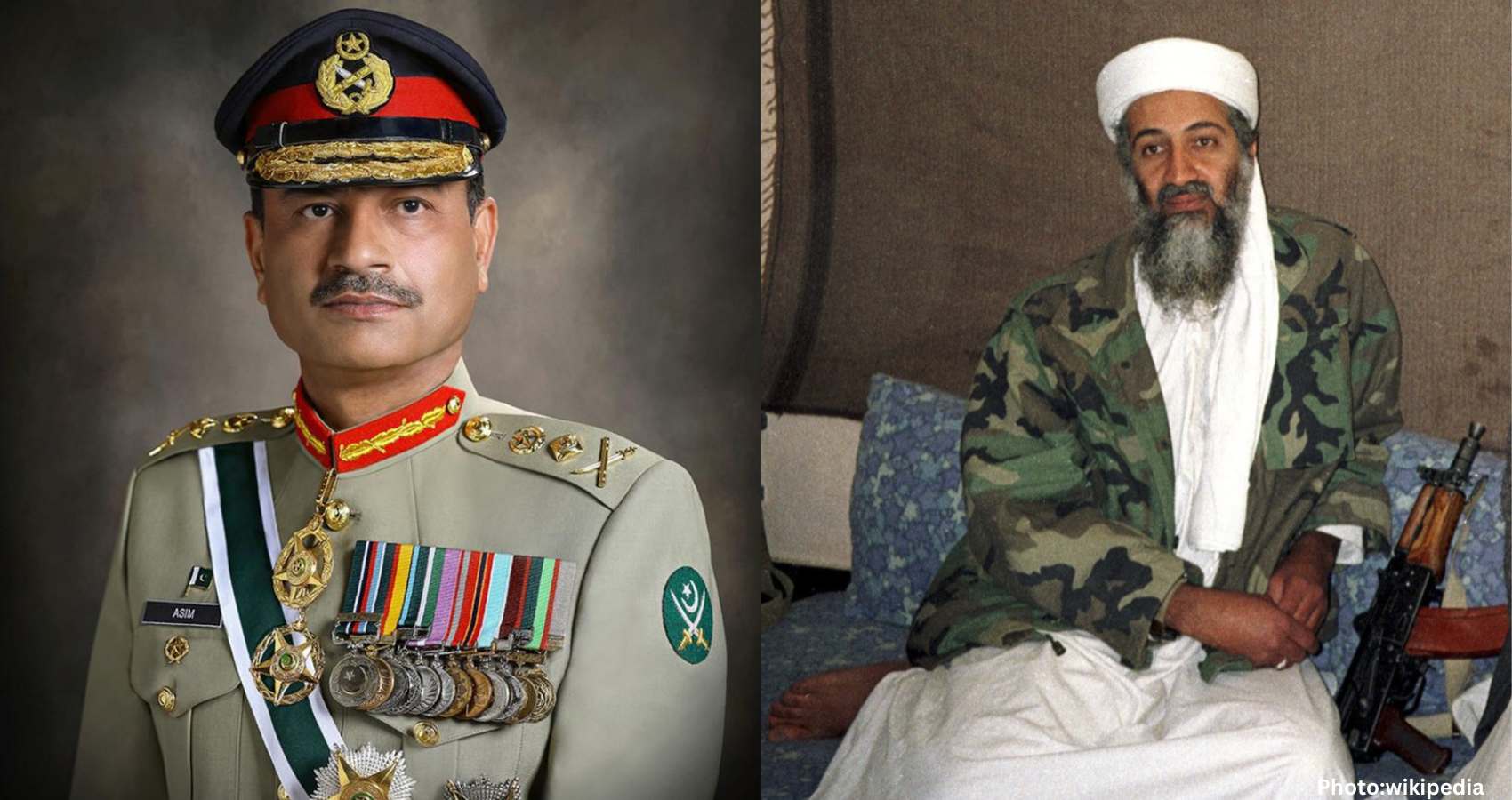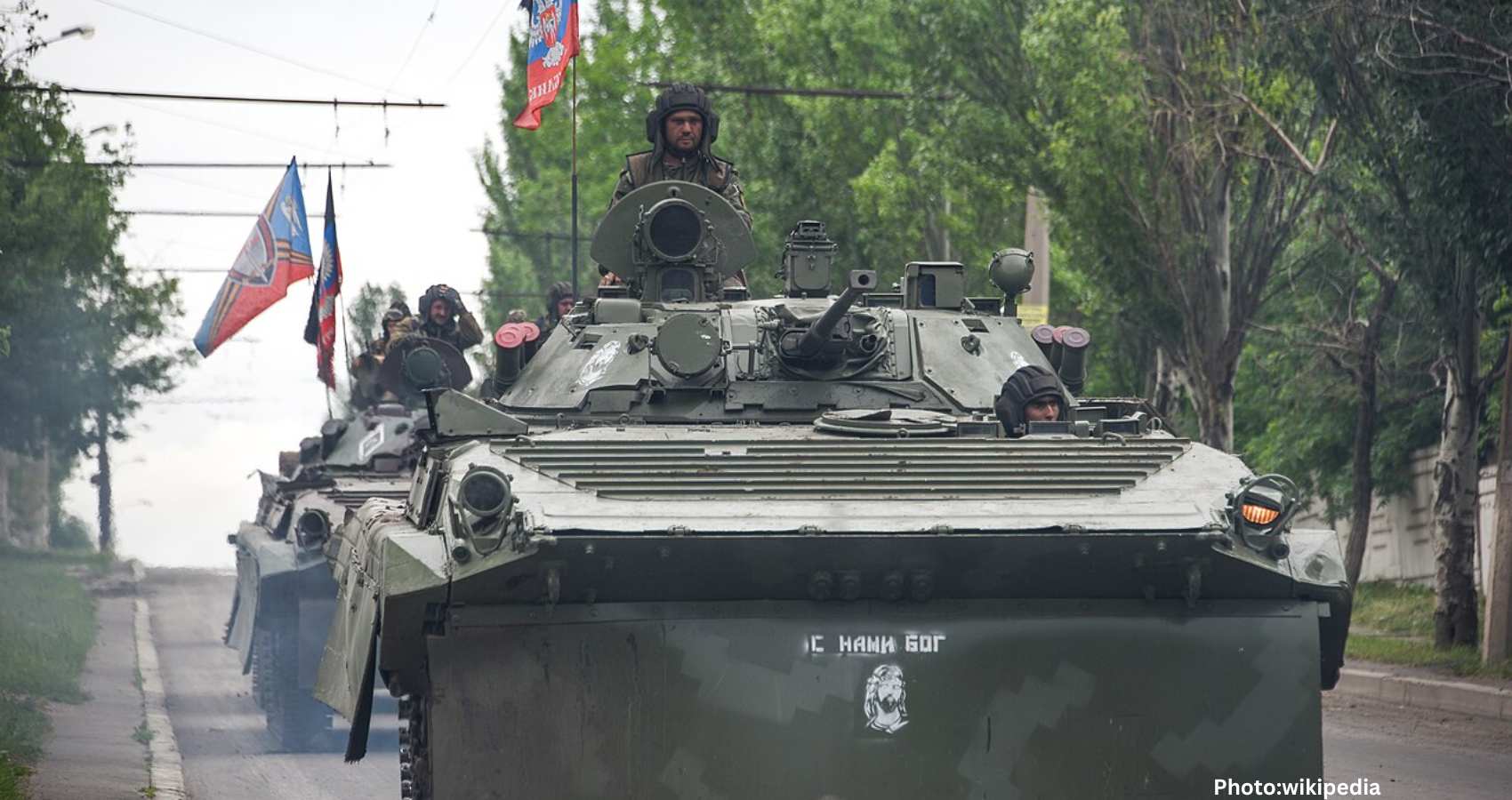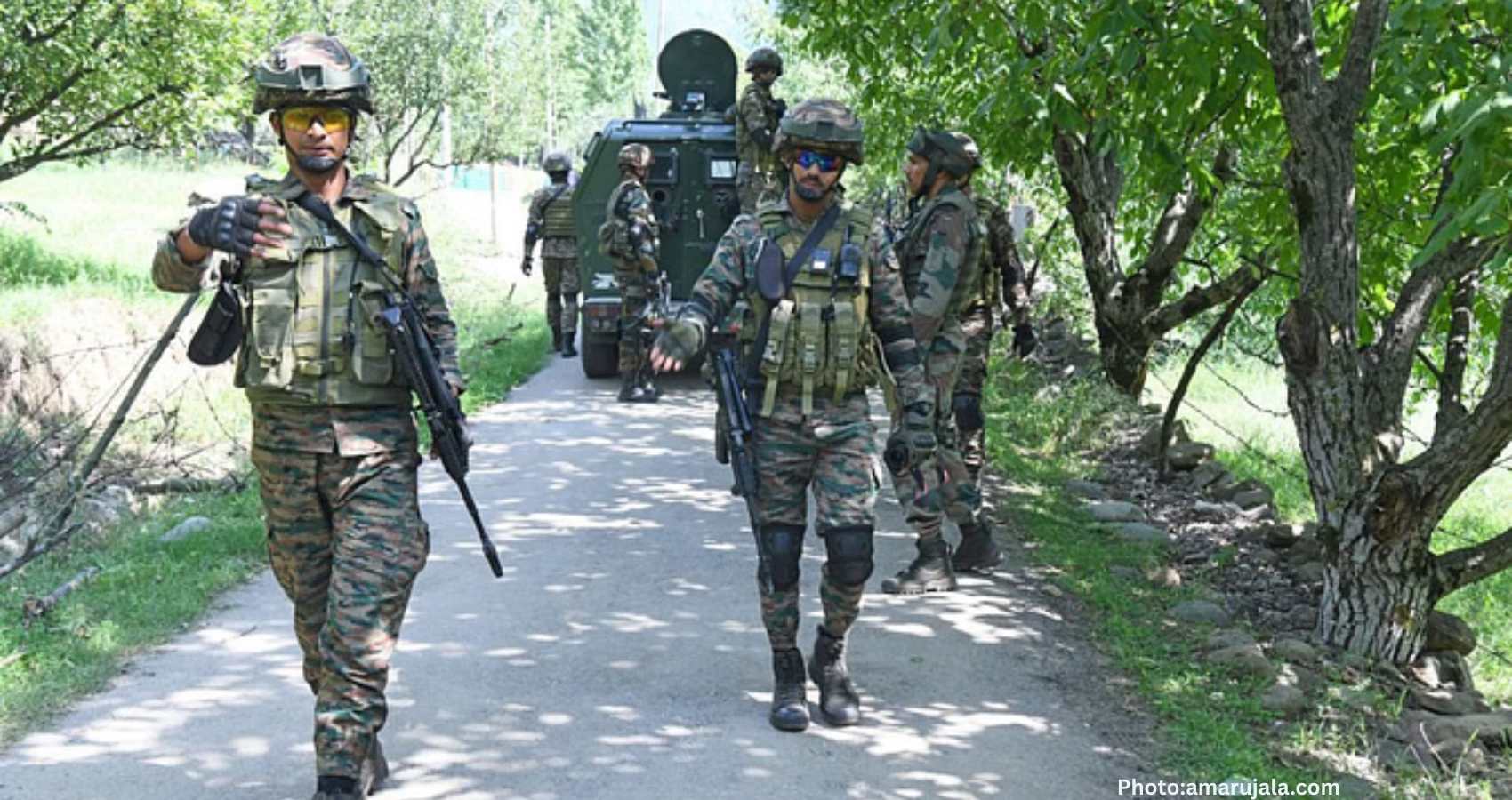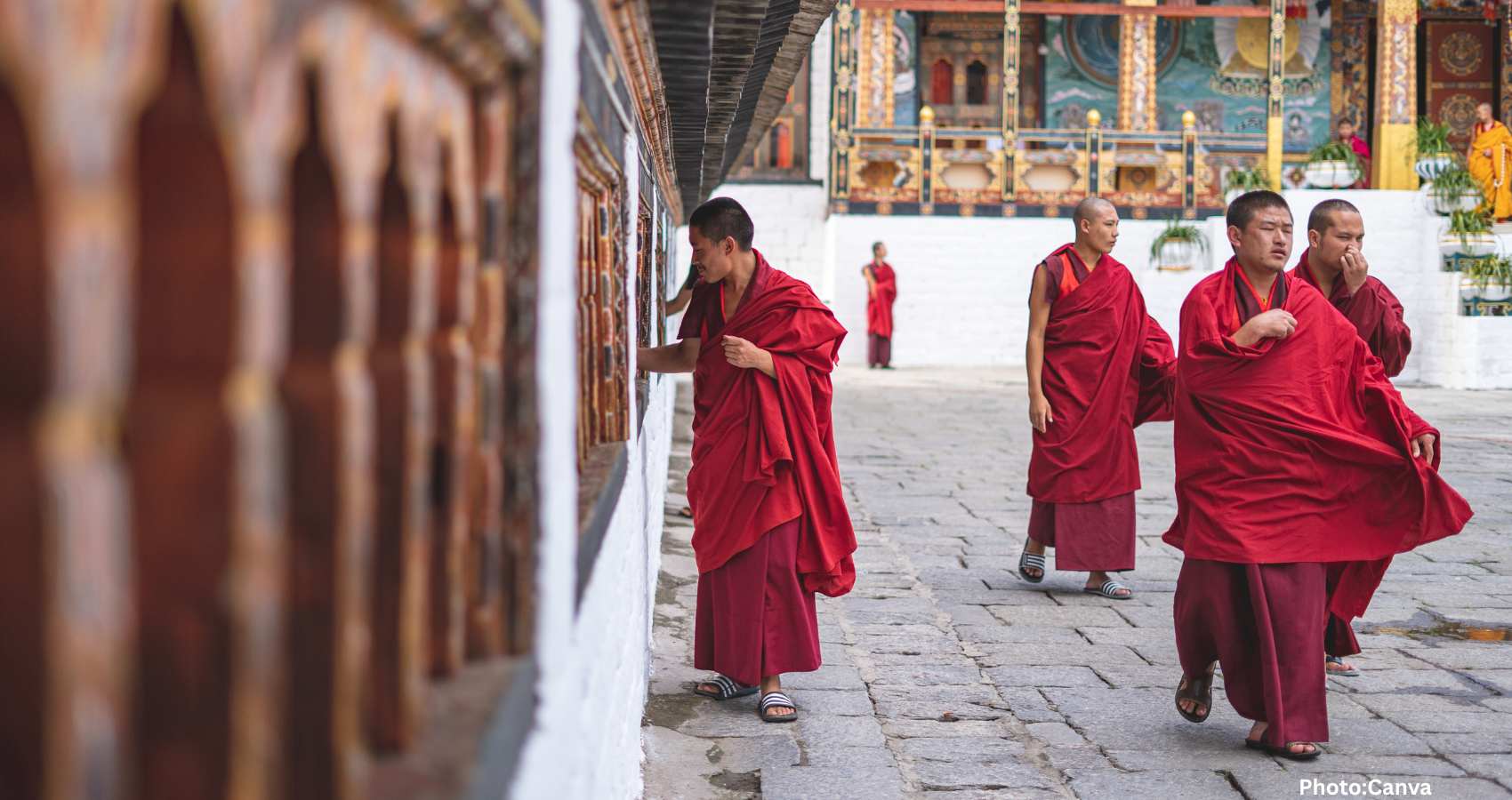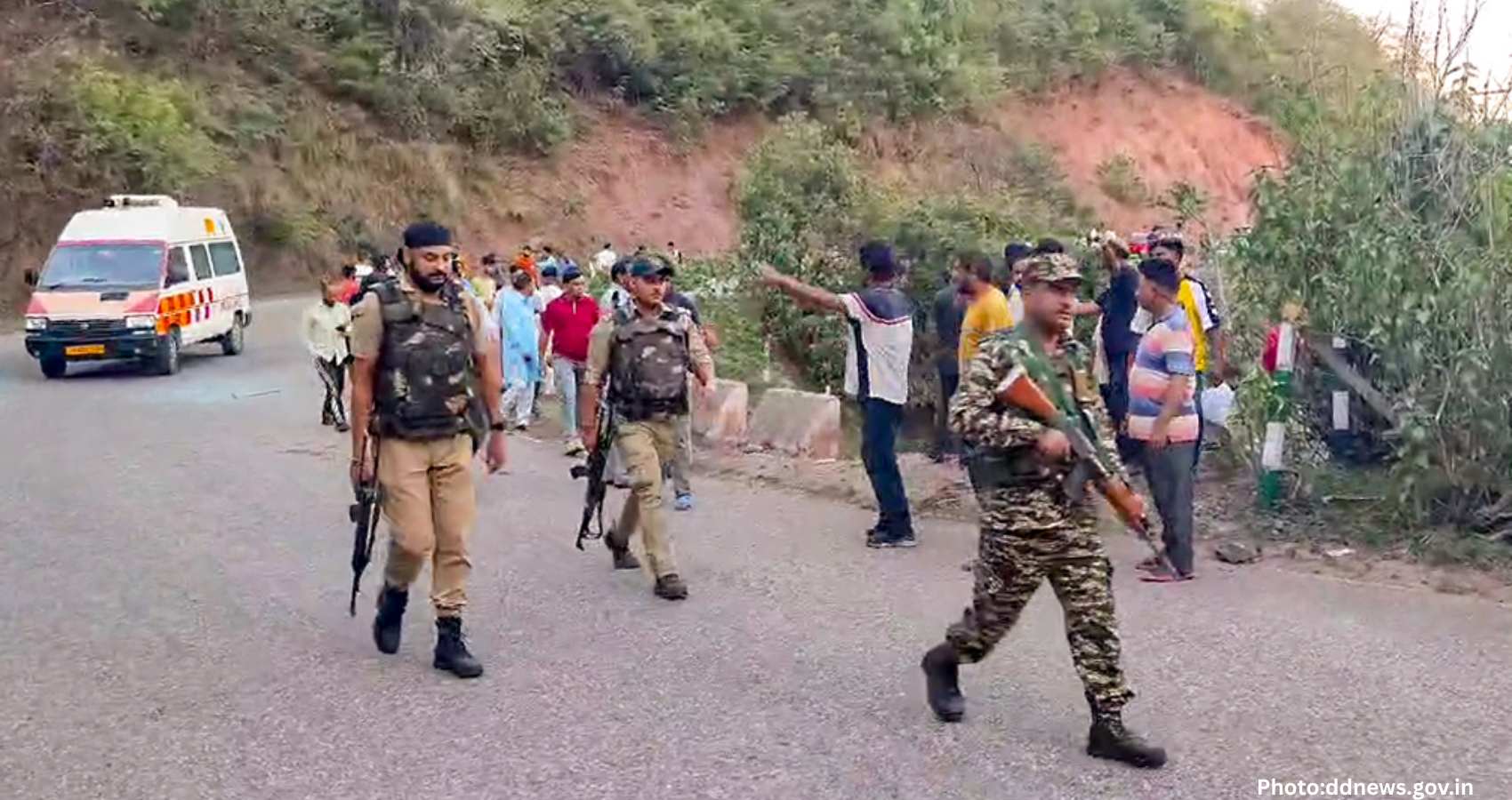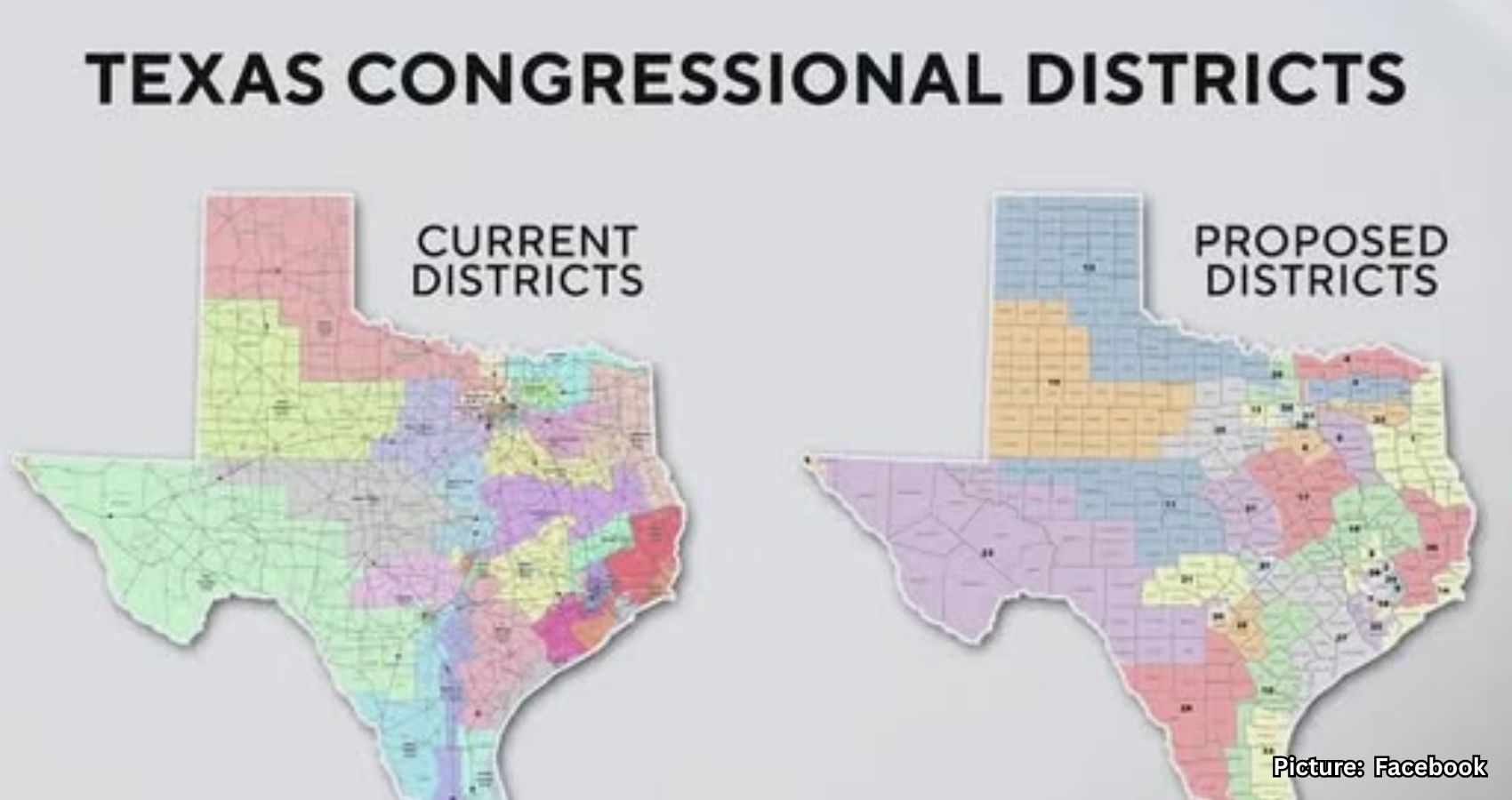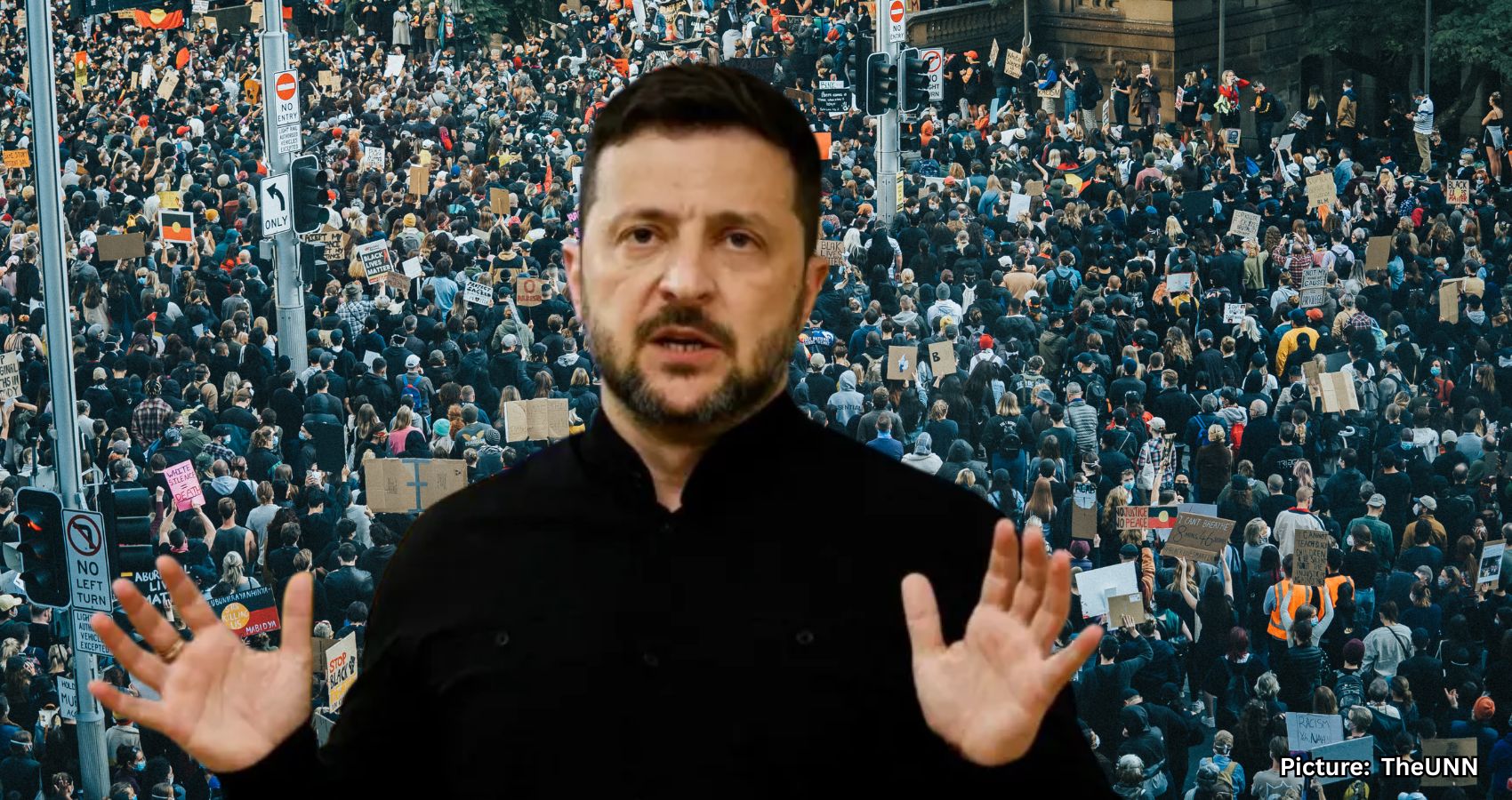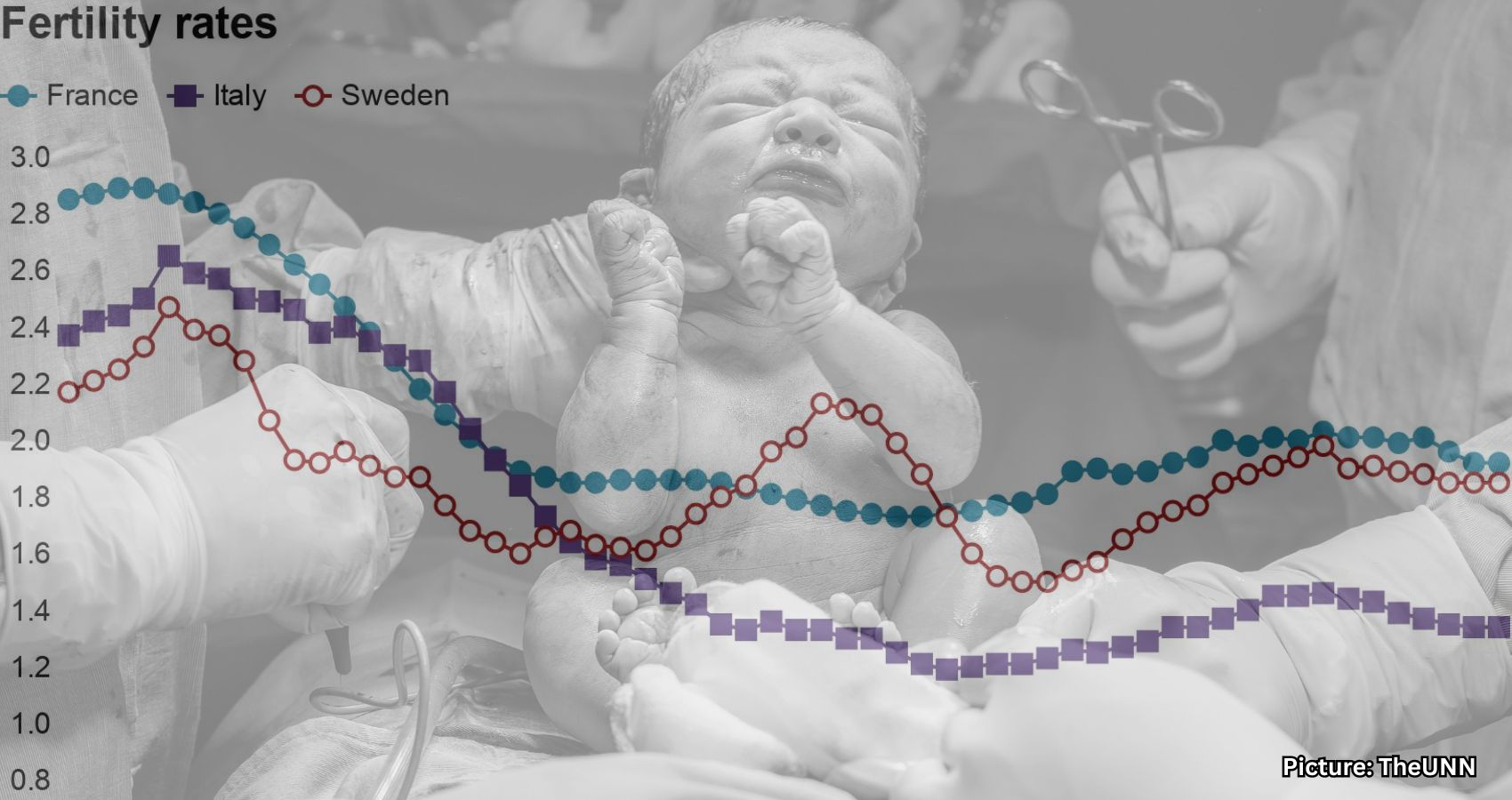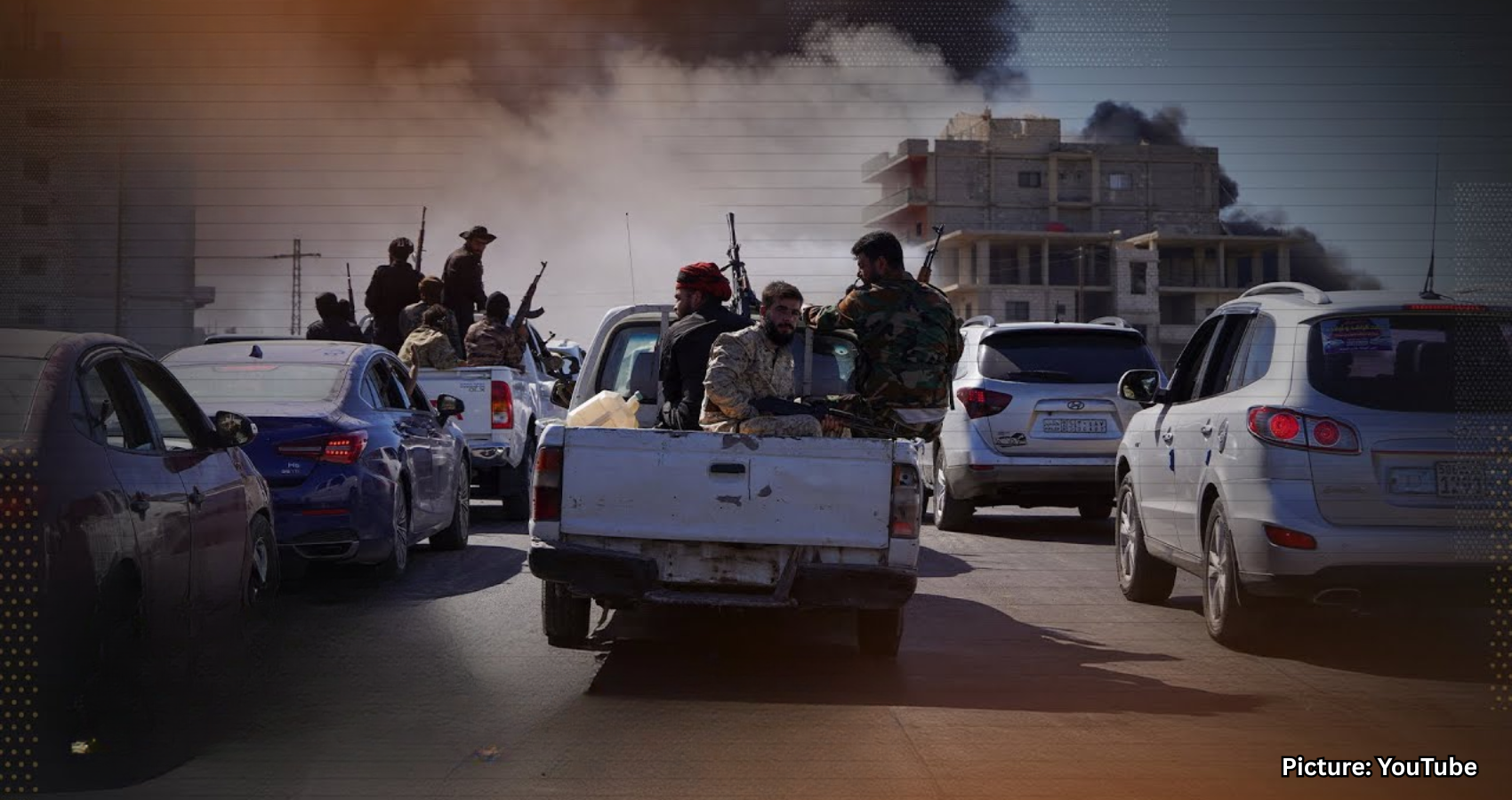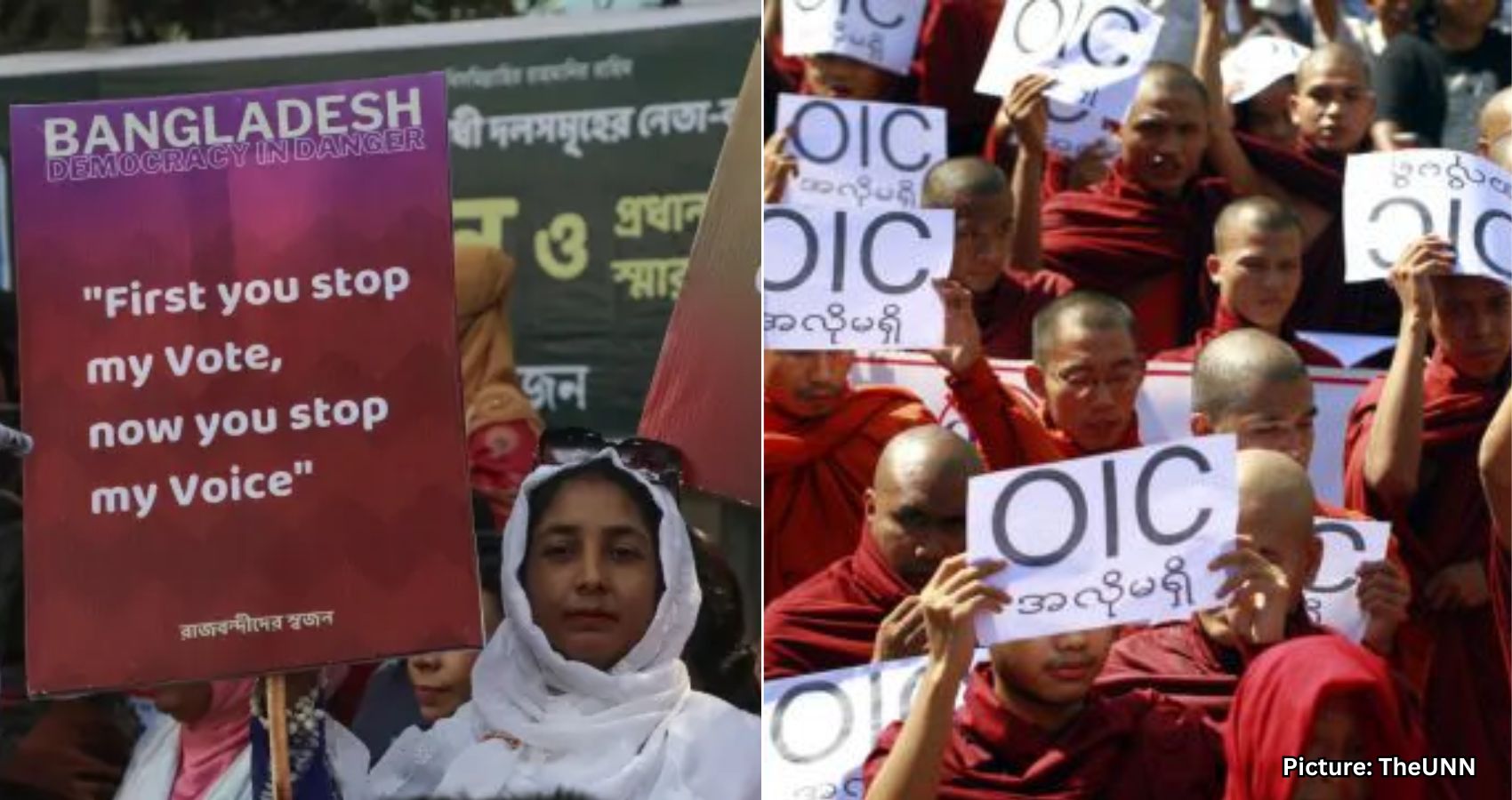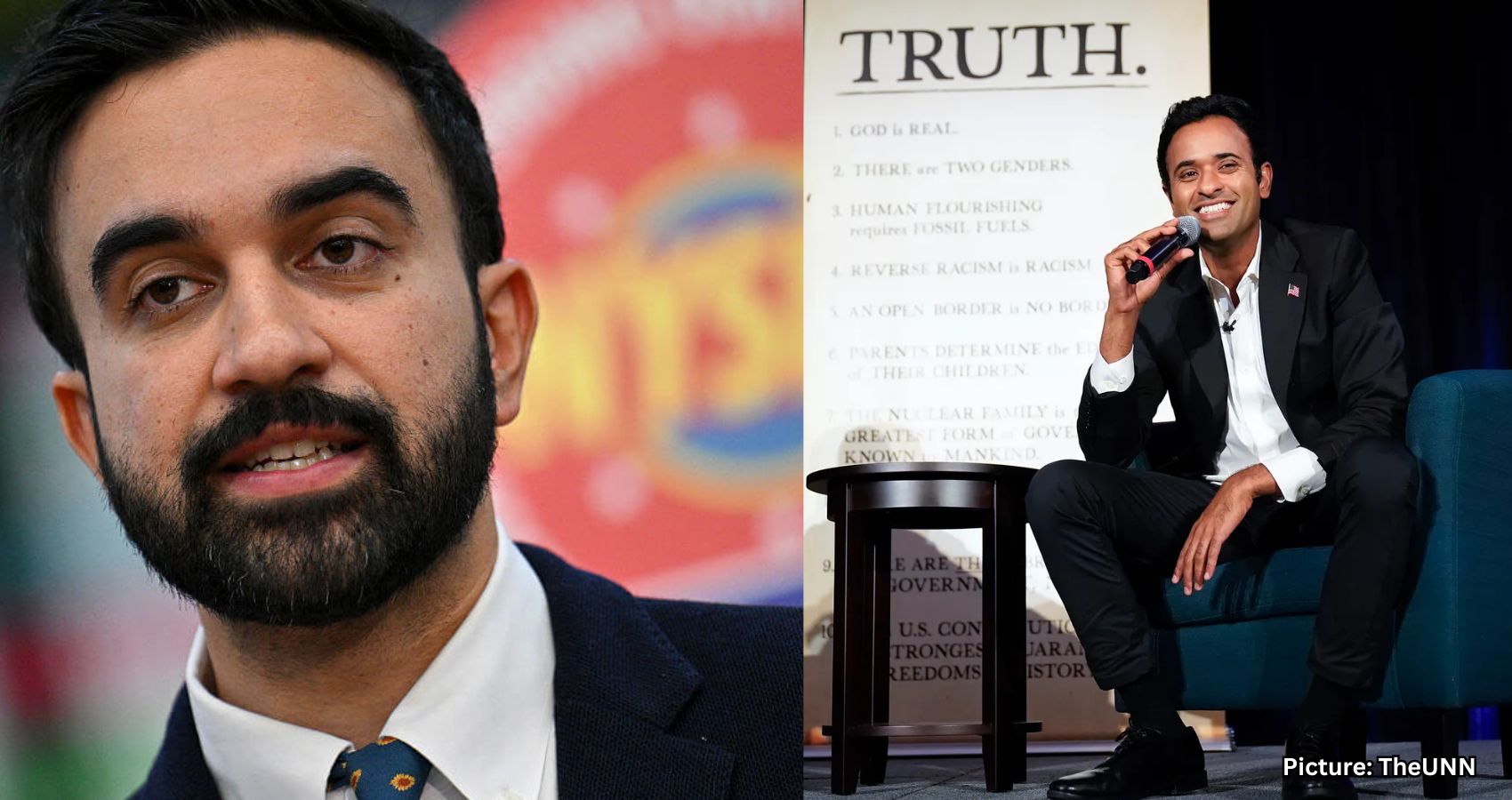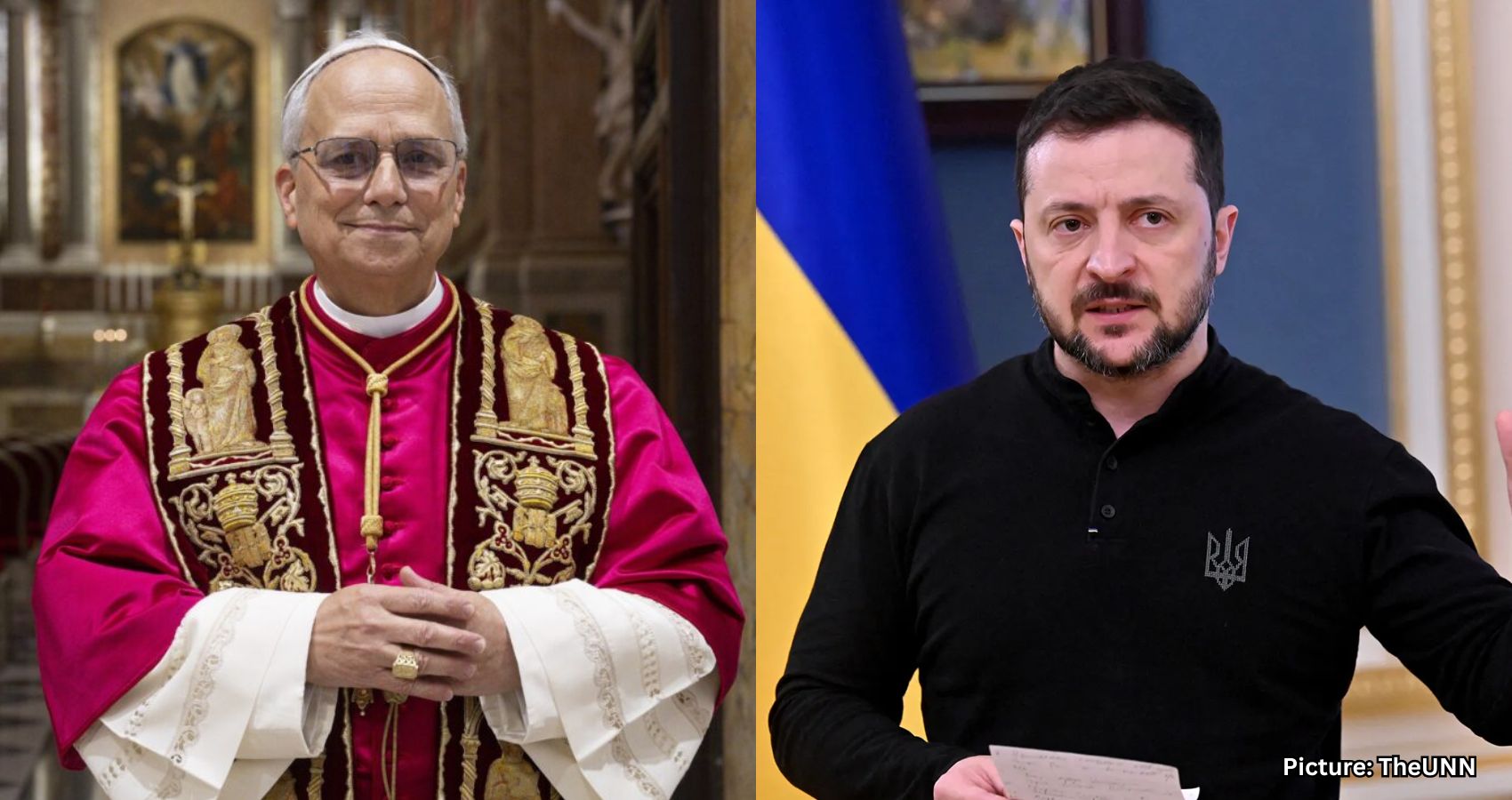Rahul and Priyanka Gandhi criticize the Supreme Court’s order to remove stray dogs from Delhi-NCR, advocating for humane solutions that prioritize animal welfare alongside public safety.
New Delhi: Rahul Gandhi, the Leader of Opposition in the Lok Sabha, and Priyanka Gandhi Vadra, Congress MP from Wayanad, have expressed strong opposition to the Supreme Court’s recent order mandating the removal of all stray dogs from the Delhi-NCR region. They described the ruling as a regressive step away from decades of humane and science-based policies, emphasizing that such blanket removals are both cruel and shortsighted.
In a post on X, Rahul Gandhi stated, “The Supreme Court’s directive to remove all stray dogs from Delhi-NCR is a step back from decades of humane, science-backed policy.” He further argued that these “voiceless souls are not ‘problems’ to be erased,” advocating instead for solutions that include shelters, sterilization, vaccination, and community care to ensure public safety without resorting to cruelty.
“Blanket removals are cruel, shortsighted, and strip us of compassion. We can ensure public safety and animal welfare go hand in hand,” he added, highlighting the need for a more compassionate approach to managing stray dogs.
Priyanka Gandhi, who serves as Congress General Secretary, echoed her brother’s sentiments, voicing her concerns about the implications of the Supreme Court’s order. In her own post on X, she remarked, “The moving of all the city’s stray dogs to shelters within a matter of weeks is going to result in horrendously inhumane treatment of them. Enough shelters do not even exist to take them on.”
She pointed out that animals in urban environments are often subjected to mistreatment and brutality, emphasizing the need for a more humane solution. “Surely there is a better way to manage the situation, and a humane way can be found in which these innocent animals are looked after and kept safe as well,” she said.
Priyanka Gandhi also expressed her affection for dogs, stating, “Dogs are the most beautiful, gentle creatures; they do not deserve this kind of cruelty.”
The Congress leaders’ remarks followed the Supreme Court’s order issued on Monday, which directed that all stray dogs in the Delhi-NCR area be picked up within eight weeks and housed in dog shelters. The Court, which was addressing a suo motu case concerning dog bites in the national capital, specified that no stray canines would be allowed to return to the streets after being collected.
In a stern warning, the Supreme Court stated, “If any person or organization comes in the way of picking up of stray dogs, action will be taken.” This directive has raised significant concerns among animal welfare advocates and the public, prompting calls for more humane alternatives to address the issue of stray dogs in urban areas.
The ongoing debate highlights the need for a balanced approach that considers both public safety and the welfare of animals, as advocates urge for policies that prioritize humane treatment over removal.
Source: Original article

